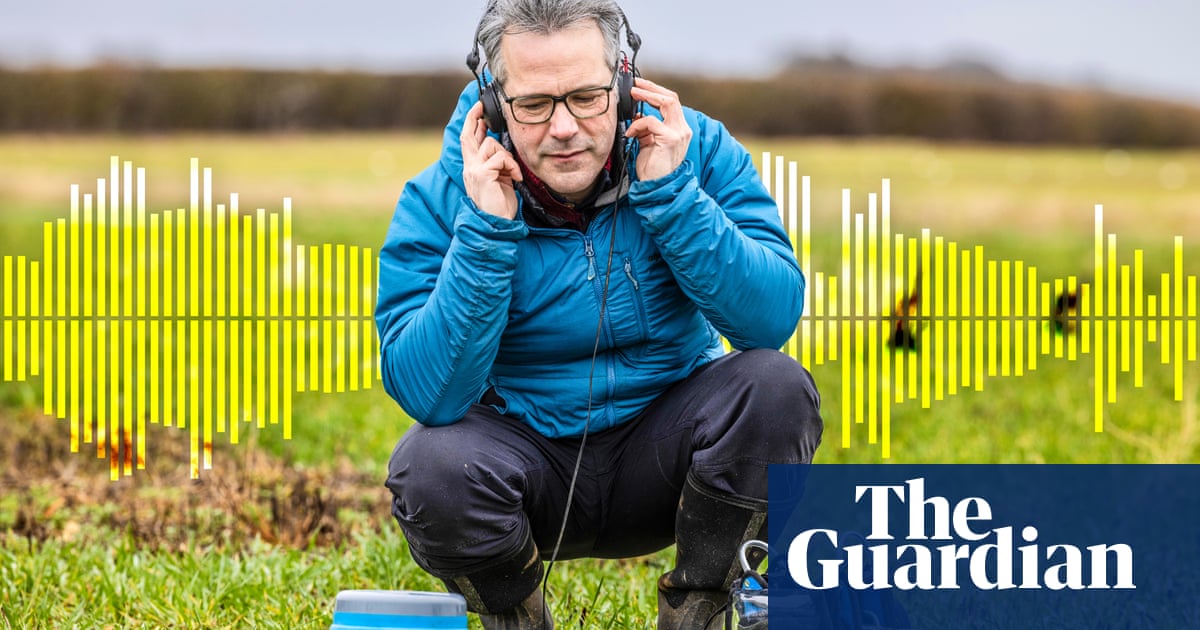- Joined
- Jul 18, 1998
- Messages
- 22,396
- Reaction score
- 46,352
Online
Women are more likely to suffer from insomnia and say they have lower sleep quality. Men are more likely to have sleep apnea.
Women’s circadian rhythms run earlier than men, and such disruptions have been associated with worse health outcomes.
Men tend to overeat, and male shift workers have a higher risk of Type 2 diabetes, when sleep deprived.
These and other major sleep differences are highlighted in a new review of ongoing research into sleep and gender and have implications for how women and men could be treated for sleep-related disorders.
The review by researchers at the University of Southampton, Stanford University and Harvard University is published in Sleep Medicine Reviews…..
Women’s circadian rhythms run earlier than men, and such disruptions have been associated with worse health outcomes.
Men tend to overeat, and male shift workers have a higher risk of Type 2 diabetes, when sleep deprived.
These and other major sleep differences are highlighted in a new review of ongoing research into sleep and gender and have implications for how women and men could be treated for sleep-related disorders.
The review by researchers at the University of Southampton, Stanford University and Harvard University is published in Sleep Medicine Reviews…..











